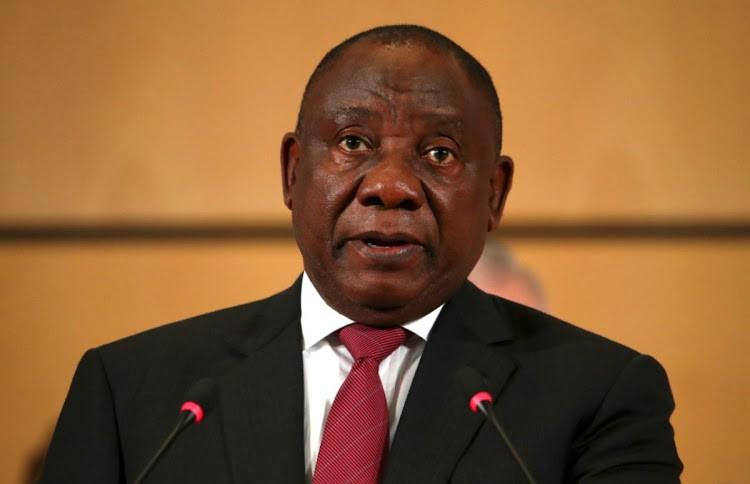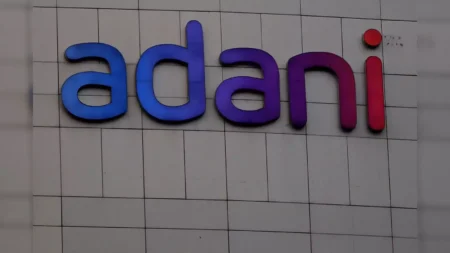There has never been a better time to invest in Africa, says South African President Cyril Ramaphosa.
He said the continent’s governments are committed to creating the necessary enabling environment for business to flourish. Calling on the investor community to “harness the climate of reform” sweeping the continent and “take advantage of its momentum,” he said: “there has never been a better time to invest in Africa”.
Ramaphosa was speaking at the Financial Times Africa Summit in London, where other speakers included former Liberian president Ellen Johnson Sirleaf.
The launch of the African Continental Free Trade Area will “bring together into a single market 54 nations of some 1.2 billion people and a combined GDP of over $3 trillion,” Ramaphosa said.
He compared its significance for Africa to the 1992 Maastricht Treaty which created “a new era of European cooperation and integration”. This follows the enabling African Continental Free Trade Agreement (AfCFTA) coming into effect in May
Currently trade between African countries is only 15%, he said, compared to 47% in the Americas, 61% in Asia and 67% in Europe. “By some estimates, the new free trade area could increase the value of intra-African trade by 15 to 25% by 2040.”
Meanwhile, he said global foreign direct investment (FDI) to Africa between 2017 and 2018 rose by 11% at a time when global FDI flows fell by 13%.
“According to the IMF, of the world’s 10 fastest growing economies, six are in Africa,” he added.
With the youngest population in the world, Africa is expected to have a working-age population of 1.8 billion by 2035. “By 2030, Africa will host more than 41 megacities with more than 10 million inhabitants each,” he said. “It is a rapidly urbanising continent.”
Calling it “worthy recognition,” he praised Ethiopian Prime Minister Abiy Ahmed being awarded this year’s Nobel Peace Prize for forging peace between Ethiopia and Eritrea.
But this award is much bigger, Ramaphosa said, as it was “major boost” for “silencing the guns on our continent” and installing peace.
“The new generation of leaders of Ahmed Abiy’s ilk are bold, courageous and are focused on creating an Africa that is at peace with itself and growing the economies of African countries through innovation, infrastructure development and trade.”
Citing elections this year in Nigeria, South Africa, Malawi, Mauritania and Tunisia, with upcoming elections in Mozambique, Ghana, Cameroon, Botswana, Namibia and Algeria, Ramaphosa said are a signal of growing political stability. “National elections on the African continent have become the norm rather than an exception.”
He said “the borders drawn up in the palaces of Europe will gradually become less significant than the infrastructure matrix that will link African economies together. The AfCFTA will also have a broader international impact as Africa will be able to deal with other trade blocs from a position of greater strength, able to demonstrate economies of scale.”
The convergence of economies and the integration of markets under the AfCFTA will make the case for investing in the African continent even stronger, he argues.
“This is a continent with abundant natural resources such as minerals, oil and natural gas, but also vast tracts of arable land and water, as well as wind and sunshine – the drivers of the renewable energy revolution.”
Written by Mark-Anthony Johnson, CEO at JIC Holdings
JIC Holdings is an innovative private holding company established in 2009 by its CEO, Mark-Anthony Johnson, to seize developing opportunities in emerging and frontier markets and has since grown into an international asset and investment management company with offices, associates and investments around the globe.











